detail profile pushpendra singh

Info Pribadi
Peran Yang Di Mainkan Pushpendra Singh
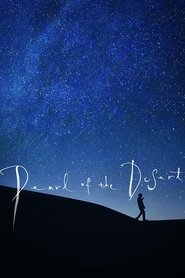 Moti Khan a musically gifted child...
Moti Khan a musically gifted child...Pearl of the Desert 2019
Moti Khan, a musically gifted child from the lower caste Muslim Manganiyars of the Thar Desert, is forced to sing and play music for their ancestral patrons in order to survive, even though he finds it humiliating. Sattar, his father, wants Moti to study and make a career outside music. But Moti aspires to be a successful singer so that he is treated respectfully. He leaves his village behind and sets out on a journey to discover his music.
 A prosperous young Indian man falls...
A prosperous young Indian man falls...Sir 2018
A prosperous young Indian man falls in love with his servant, a widow with the dream of becoming a fashion designer.
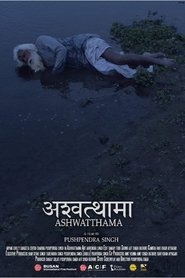 On holiday from boarding school young...
On holiday from boarding school young...Ashwatthama 2017
On holiday from boarding school, young Ishvaku is fascinated by the bedtime story his mother relates to him—that of the warrior Ashwatthama, from the Mahabharata, whose blind vengeance provokes a curse from Lord Krishna, forcing him to wander the earth in eternal suffering. But the story is interrupted by a bandit raid in which Ishvaku’s mother is killed, and Ishvaku is packed off to his ancestral village in the Chambal Valley ravines of Central India. There he discovers a family in crisis, whose rituals, traditions and orthodox feudal values are becoming redundant. Meanwhile, Ishvaku’s own life take a strange turn, as a visiting sacred bull predicts that both wisdom and tragedy will soon come to him. In anticipation of such tragedy, Ishvaku attempts to escape into the magical realm of Ashwatthama
 The film is set in a...
The film is set in a...Ich will mich nicht künstlich aufregen 2014
The film is set in a modern day 'Berlin Republic' liberated from all irrelevancies. It's about artistic production, the creative industries and above all film and cinema - a political manifesto in feature film format. It centres on Asta, tough, hardened by theory and immaculately styled right down to the emblems on her leather jacket, with current art scene jargon flowing elegantly from her lips.
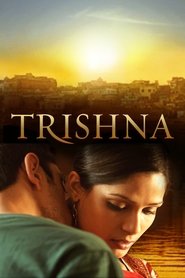 When her father is killed in...
When her father is killed in...Trishna 2011
When her father is killed in a road accident, Trishna's family expect her to provide for them. The rich son of an entrepreneur starts to restlessly pursue her affections, but are his intentions as pure as they seem?
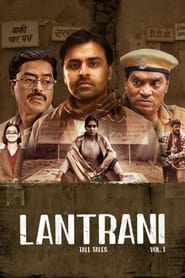 The anthology film showcases three independent...
The anthology film showcases three independent... Somewhere between fantasy trauma paranoia precaution...
Somewhere between fantasy trauma paranoia precaution... Amaris revolves around Vikrams fixation on...
Amaris revolves around Vikrams fixation on...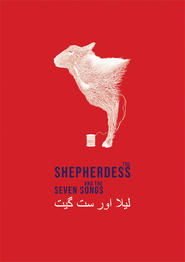 Trapped between her cowardly husband and...
Trapped between her cowardly husband and...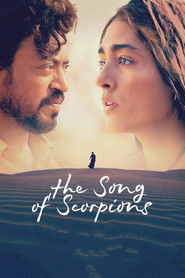 While Nooran learns the ancient art...
While Nooran learns the ancient art...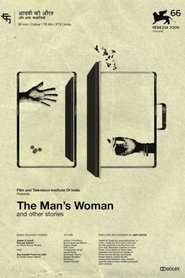 A series of three episodes which...
A series of three episodes which...